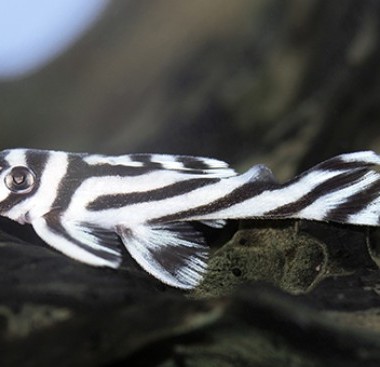From the President’s Desk . . . May/June 1996
By: Staff Date: 05/8/1996 Category: | From the Offices of NAIA | Wildlife Journal |
In the past few issues this column has focused on education. I thought this time I would focus on something that is a fundamental issue: killing animals for human use. This really gets to basics. I am taking my cue from something Stephen Budiansky said in his excellent article in the last issue: "Even slaughter of farm animals and hunting, for all their seeming destructiveness, tend to have a deeper meaning for those who do them that is lost on animal rightists in this age of antiseptic attitudes toward life and death. The famous conservationist, Aldo Leopold noted the value of hunting in reminding us 'of our dependency on the soil-plant-animal-man food chain, and of the fundamental organization of the biota.' As Henry David Thoreau also noted, and which is still true today, hunters tend to know much more about wildlife, and to have a much higher respect for animals, than non-hunters."
There is need for responsibility in killing animals, however, and the best expression of that sense of responsibility is their careful use to reduce wasteful deaths and, equally important, careful killing. And where possible, a person should participate fully in the ways he uses an animal, or refrain from criticizing those who do. For example, it is hypocritical for a steak eater to criticize hunting, assuming the hunters use the meat of the animals they kill.
I played by this rule when I used to go duck-and-goose hunting with a now-dead university friend, who had treated my wife and me to some excellent meals of these birds. It seemed appropriate to sit in a duck blind with Dave in a Delaware marsh on a cold winter's day to keep him company in return for those dinners. I was gunless, for it would not have been right for me as a very poor marksman to practice on live birds, let alone risk blowing Dave's or my head off. (A word of explanation here: Although I grew up on a small farm from age eight, my mother was a city girl afraid of guns, and so, no guns for me. And I didn't want to kill anything anyway. That meant I had to pluck the chickens while my dad did the chopping. But this didn't impair my enjoyment of the rabbits and pheasants my sailor uncle bagged when home on leave.)
We drove home empty handed more often than not, but that did not diminish the day in any way. We were content to sit in the cold (after Dave's obligatory stop at a diner for breakfast) chatting away about the brain we both studied.
Dave lived by the true hunter's code, which an incident one very cold New Year's Day will illustrate. We were sitting at 12=F8F, this time in a cornfield foxhole near his house a few miles from a reservoir that attracted Canadian geese. As usual, I was gunless. On that day not much of a handicap; for few geese were flying and none could be enticed within range. (Attracting geese within range with decoys placed in the right pattern - to a goose's eye - and with calls convincing enough for the geese seems to me 98 percent of the hunt: I think even I could hit one of those big, slow-moving balloons when they approach a landing.)
After a couple of hours of this, warmed only by coffee from our thermoses and the cigars we enjoyed (which may have had an effect on the geese), we were considering a retreat to home when some crows presented a target. I am sure Dave did not even consider firing at them; however, a crude character in another foxhole about thirty yards away, who had been cursing our bad luck all morning, did let loose with a couple of shots.Fortunately, he missed; while Dave just looked disgusted: Shooting at the crows had no useful purpose and was an act of disrespect in Dave's eyes.
By now, it should be clear that, provided certain conditions are met, I believe killing animals is not inappropriate. Indeed, I think it is without ethical cost. I state this boldly, knowing the effect on those individuals who have painted themselves into a corner of guilt over the use and killing of animals for research, declaring the practice to be a "necessary evil." I do think there is an ethical cost to using - but not in killing - animals in research while still believing that use to be justified. The cost is incurred if an animal experiences pain in an experiment prior to death.
We should keep in mind, though, that killing is very easy, too easy in fact. Our technology enables this. We hold tremendous power over many animals although not all by any means: Witness the great harm done by such invaders as Zebra mussels to water systems fed by the Great Lakes and the effect of Gypsy moths on Northeastern forests, or, for that matter, that scourge of suburban shrubbery, the white-tailed deer released from the jaws of natural predators by us. In a way, they are keeping us in touch with the natural world, something that the philosophy of animal rights will not.
Adrian R. Morrison, DVM PhD
President, NAIA
About The Author
All Authors Of This Article: | Adrian Morrison DVM, PhD |












